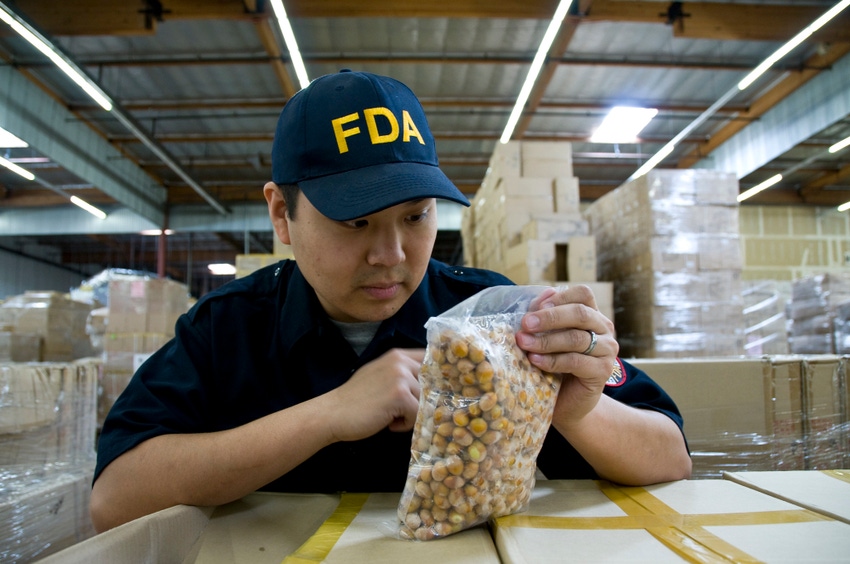FDA inspects around 500 to 600 dietary supplement facilities annually, which is about 5% of known facilities, an agency official recently said.

For the second year in a row, the Food and Drug Administration performed about 500 inspections of dietary supplement facilities that are subject to manufacturing rules, reflecting a return to normalcy following a substantial decrease in audits at the height of the global pandemic.
The agency in FY23 conducted 461 domestic inspections and 40 foreign inspections, an FDA spokesperson said Thursday. That compares to 471 domestic dietary supplement inspections and 15 foreign inspections in the year that ended on Sept. 30, 2022, as previously reported by Natural Products Insider.
The Covid-19 pandemic significantly limited FDA’s inspectional oversight of supplements and other commodities it regulates. In FY20, for example, the number of dietary supplement inspections was down 52% from 598 in the prior fiscal year.
FDA inspects facilities to confirm compliance with cGMPs (current good manufacturing practices), which are regulations designed to ensure dietary supplement products are produced consistently to quality standards. Natural Products Insider is awaiting a response to a Freedom of Information request for details on the FY23 inspectional data, including the number of firms that received a so-called Form 483 for violations of the manufacturing rules.
“Facility inspections play an integral role in the FDA’s oversight of dietary supplements, and we’re pleased to see another strong year for dietary supplement inspections,” FDA spokeswoman Lindsay Haake said. “The FDA prioritizes the strategic use of our limited resources to make the biggest impact and we will continue to work collaboratively with our stakeholders to help ensure the dietary supplement marketplace is safe, well-manufactured and accurately labeled.”
Cara Welch, Ph.D., who oversees the FDA Office of Dietary Supplement Programs (ODSP), said FDA inspects around 500 to 600 facilities annually, which is about 5% of known facilities. She shared that information during a recent conference hosted by the American Herbal Products Association (AHPA).
During AHPA’s Botanical Congress on Nov. 14, Welch suggested it is important to ensure FDA is inspecting the right facilities and making the best use of its limited resources.
One question posed to the FDA official during the conference seemed to inquire whether her agency would have any interest in deprioritizing inspections of manufacturing facilities that hold third-party audit certifications, such as those granted by US Pharmacopeia (USP) and NSF.
“By acknowledging the value of the good work that these third parties are doing, will that assist in your prioritization of inspections?” AHPA President Michael McGuffin asked.
Welch responded she would like to get more feedback from industry. “Some of these audit programs have been around for a number of years, and I think they have a lot of history and context that we can learn from,” she remarked.
She also noted dietary supplements fall under FDA’s food inspection planning process, which operates under a schedule of high-risk and non-high-risk inspections that became effective under the Food Safety Modernization Act signed into law in 2011.
FDA must “work within that schedule, but I think it’s important to understand … the flexibility that we have and what data could be applied to that,” she concluded.
About the Author(s)
You May Also Like






.png?width=800&auto=webp&quality=80&disable=upscale)